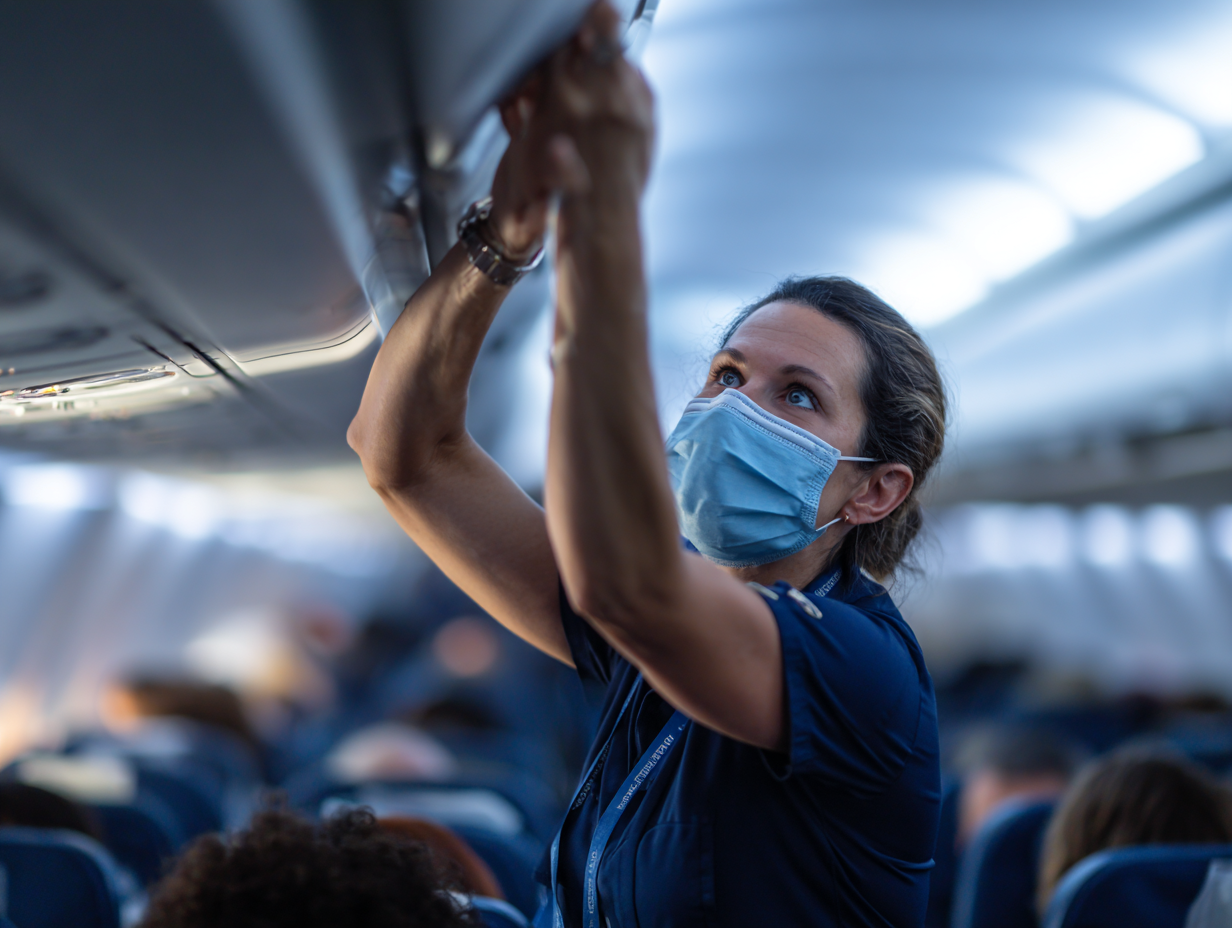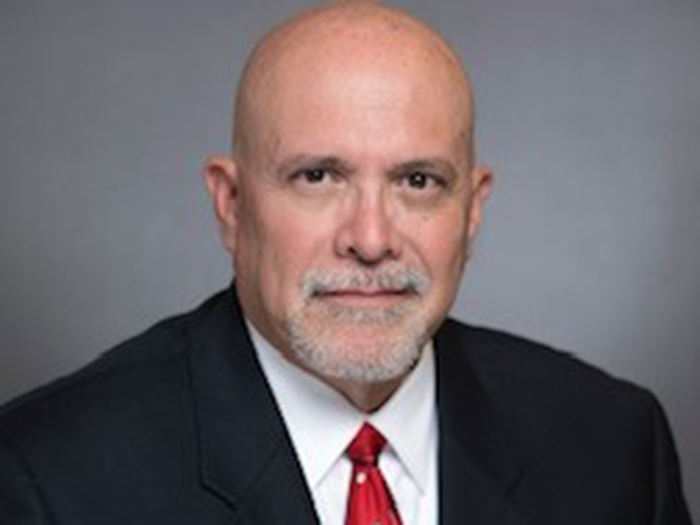What You Need to Know About the Year Ahead in Workers’ Comp

Out Front Ideas with Kimberly and Mark hosted its annual “20 Issues to Watch” webinar on January 8th, preparing participants for a busy 2019 in the world of workers’ compensation and employee benefits.
The webinar series, sponsored by Sedgwick and Safety National, features industry vets Kimberly George, senior vice president of Corporate Development, M&A and Healthcare at Sedgwick Claims Management Services Inc.; and Mark Walls, Vice President of Communications & Strategic Analysis with Safety National.
Of the 20 issues identified, many had links to the expanding role of workers’ compensation and employee benefits as they relate to claims management and customer service. The key takeaway: in an increasingly globalized economy, employers should expect work and workers to reach higher levels of connectedness.
A significant chunk of the discussion centered around political considerations as we approach the 2020 elections and as several states saw gubernatorial and/or party majority changes in 2018. While George noted that, “with a divided Congress, it will be near impossible for any major health reform to come out of Washington,” she urged the industry to stay vigilant, as health care will likely reprise its role as a central platform component nationally and locally in 2020.
“The ACA is alive and well,” she said, and Medicaid expansion is a reality in all but 14 states. George also predicted a continued rise in accountable care organizations (ACOs) outside of the Medicare value-based care system and an employer medical cost trend of about six percent.
On the other hand, in state legislatures, the picture is blurry. Walls identified eight states that saw gubernatorial party shifts: Alaska, Illinois, Kansas, Maine, Michigan, Nevada, New Mexico and Wisconsin. “Many people do not appreciate [that] governors can affect workers’ comp,” he said. “Those changes can result in new regulators and administrative law judges.”
Further, Walls cited uncertainty in California health policy under new Governor Gavin Newsom, Alabama’s effort to overhaul its system in the wake of an unconstitutionality ruling, and talk of a medical benefits cap in Mississippi as state issues to watch.
Treating the Whole Person
George delineated a series of other topics that in effect broaden services for injured workers and health plan beneficiaries, including: the psychology of pain, social determinants of health, leave of absence, unconscious bias in claims handling and consumer experience.
Particularly on the psychology of pain and social determinants of health, George emphasized that payers can expect to gain a significant return on investment from treating the whole person, as opposed to providing minimal care.
She gave the example of a man who suffered third-degree burns on 90 percent of his body and had dirt floors in his home. Although the claim did not require alternative housing and food delivery services, the outcome was likely much better because of those additional services. “He actually fought against being labelled permanent and total,” George said.
In the same vein, Walls and George predict 2019 will continue to drive home “family friendliness” for leave in the workplace, and soft skills leadership in claims handling.
“Our industry is experiencing an unprecedented level of turnover due to the aging workforce,” George explained. “Soft skills training will become more important as the next generation of claims management becomes a reality.”
“Our industry is experiencing an unprecedented level of turnover due to the aging workforce. Soft skills training will become more important as the next generation of claims management becomes a reality.” — Kimberly George, senior vice president, corporate development, M&A, and healthcare, Sedgwick
Part of this soft skills training involves awareness of unconscious bias, and taking it a step further, intercepting that unconscious bias, which could involve formal intervention.
Economic and Social Shifts
On a broader front, George and Walls addressed the economy’s impact on workers’ comp, including the sharing economy and its attendant employee classification woes.
Walls cautioned that while it may seem as though increasing employment and wages across the country would increase payroll and therefore premiums, “some carriers are seeing an uptick in frequency” due to this increase.
He attributed the frequency changes to workers entering jobs in poor physical condition or without the appropriate training. Compounding this probable increase in frequency is the rise in “mega claims” upwards of $5 million.
The drumbeat of recreational marijuana legalization in a growing number of states is likely to remain on the radar for 2019, as well as battles over the AMA 6th Edition’s impairment guidelines in states that have chosen to update from the more liberal 5th edition, according to Walls and George.
Out Front Ideas will host webinars on several of the topics mentioned in its “Issues to Watch” episode later this year, including: the intersection of leave of absence policies with workers’ comp, globalization of risk management and measuring success. &










